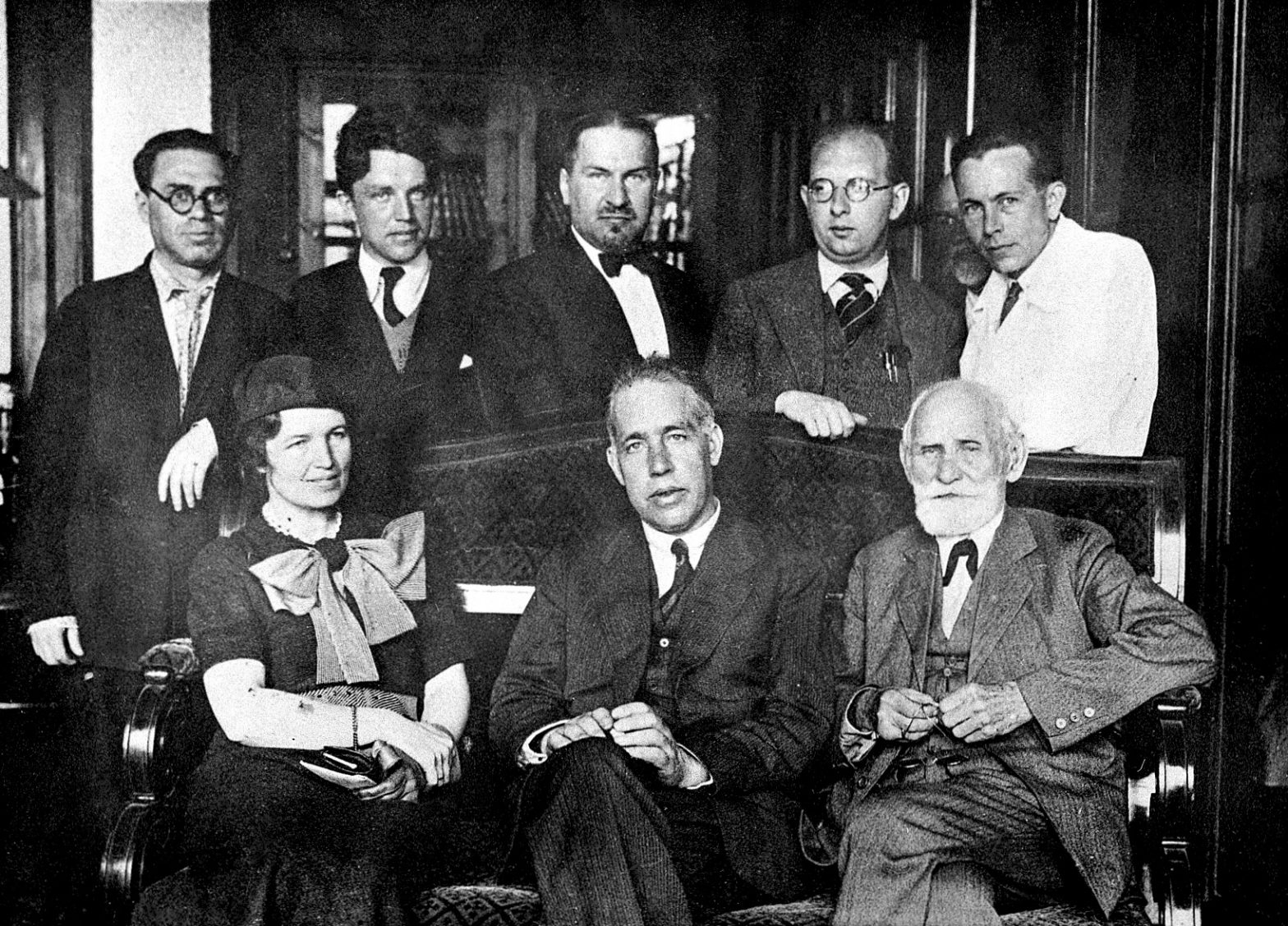Behaviorism, a theory in psychology that emerged in the early 20th century, suggests that most of our actions are learned responses to different situations. According to this theory, when we repeatedly respond to certain stimuli, it forms habits or behaviors, which we then continue based on past experiences. Behaviorism focuses on observable and measurable phenomena, aligning with a scientific approach that emphasizes empirical methods.
In the mid-20th century, behaviorism became the dominant theory in American psychology, extending its influence into various fields, including language education. Psychologists and linguists like Watson, Bloomfield, and Skinner contributed to the development of the behavioral approach to language teaching, particularly in the 1950s and 1960s.
At its core, behaviorism suggests that human behavior isn’t fundamentally different from that of simpler organisms. Our actions are responses to stimuli in our environment, whether external (like sounds or sights) or internal (like hunger). If a response to a stimulus is positive, such as finding food when hungry, it reinforces the behavior and makes it more likely to happen again, eventually becoming a habit.
Behaviorism focuses on understanding how stimuli trigger responses and how reinforcement leads to learned behavior. Early theorists, inspired by Pavlov’s experiments with dogs, explored how reflexes could be turned into conditioned behaviors. For instance, Pavlov’s dogs learned to salivate at the sound of a bell, showing a classic example of stimulus-response psychology.
Key figures like J.B. Watson laid the groundwork for behaviorism, emphasizing objectivity and empirical evidence. They disregarded concepts like the subconscious, focusing solely on observable behaviors. Bloomfield’s work furthered behaviorism in linguistics, suggesting that we can predict speech behaviors based on stimuli and past language habits.
Skinner’s influential work claimed that language is no different from other behaviors and can be explained through behaviorist principles. In language learning, behaviorists emphasized imitation and reinforcement, similar to how children learn their first language. Through drills and repetition, learners develop correct language habits while correcting errors.
However, behaviorism faced criticism for its mechanistic view of human behavior and its inability to explain creativity. It also struggled to account for other factors influencing language learning beyond stimulus-response patterns. As a result, behaviorism declined in prominence as new theories and methods emerged, acknowledging the complexity of language learning beyond simple reinforcement.








